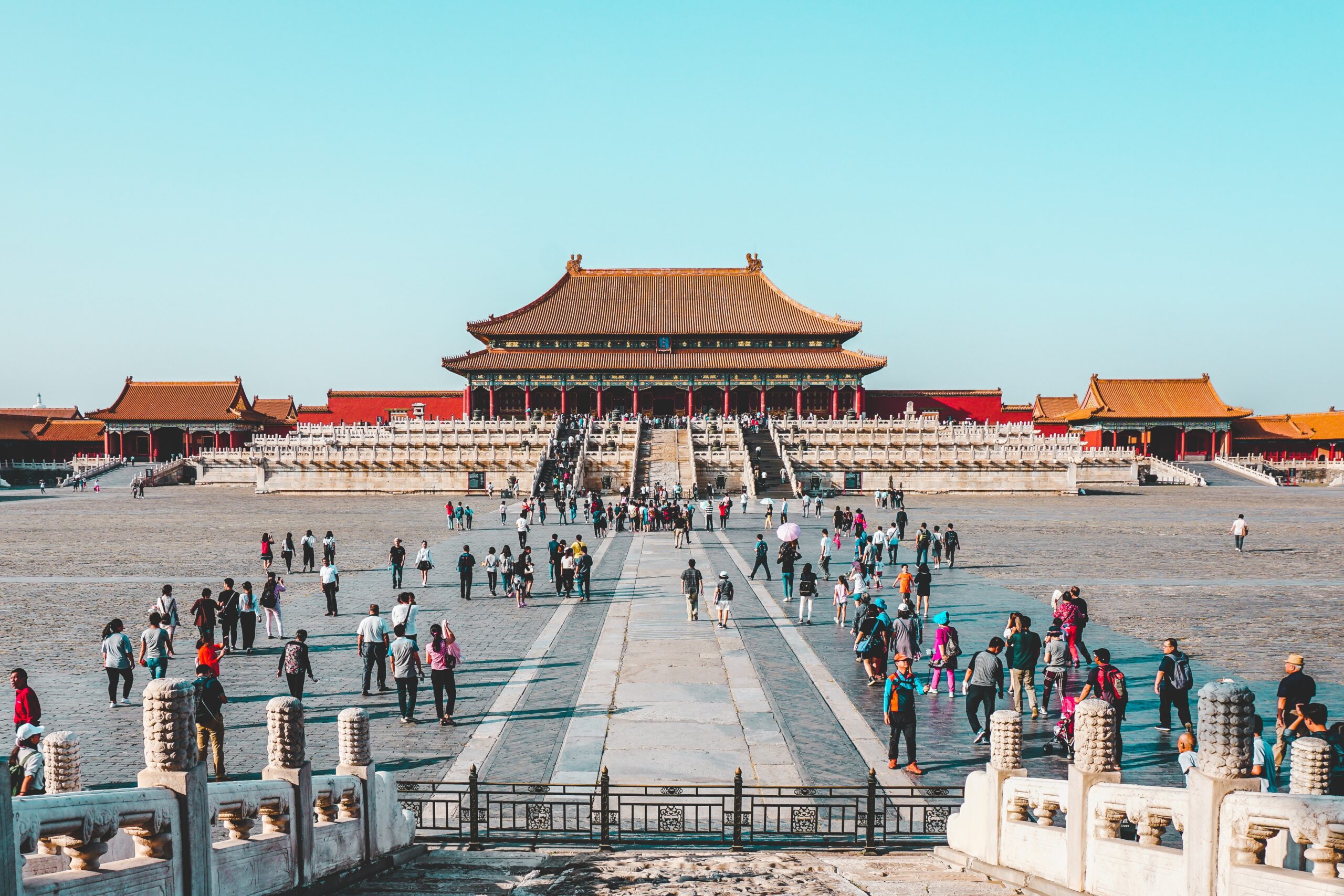Why in the news?
The Foreign Ministers meeting of the members of the Shanghai Cooperation Organisation (SCO) was recently held in Goa.
Background
- The Shanghai Cooperation Organisation (SCO) is a political, economic, and security alliance between several countries in Asia.
- It was established in 2001 by China, Kazakhstan, Kyrgyzstan, Russia, Tajikistan, and Uzbekistan.
- The SCO’s main goals include promoting regional economic cooperation, fighting terrorism, separatism, and extremism, and maintaining regional peace and stability.
- The Foreign Ministers meeting of the members of the Shanghai Cooperation Organisation (SCO) was recently held in Goa.
Members of the Shanghai Cooperation Organisation (SCO)
- The Shanghai Cooperation Organization (SCO) has eight member states, including:
China
Russia
Kazakhstan
Kyrgyzstan
Tajikistan
Uzbekistan
India (joined in 2017)
Pakistan (joined in 2017) - In addition to the member states, the SCO has several observer states and dialogue partners. The observer states include Afghanistan, Belarus, Iran, and Mongolia, while the dialogue partners are Armenia, Azerbaijan, Cambodia, Nepal, Sri Lanka, and Turkey.
- The SCO also cooperates with several international organisations, including the United Nations, the World Health Organisation, and the Association of Southeast Asian Nations (ASEAN).
What is the SCO Foreign Ministers meet?
- The SCO Foreign Ministers’ meeting primarily focuses on preparing for the upcoming SCO summit, where the Heads of State Council will convene.
- At these meetings, the foreign ministers discuss and coordinate on a range of issues, including regional security, economic cooperation, and cultural exchanges.
- The SCO foreign ministers’ meetings are usually held once a year, and are hosted by one of the member states on a rotating basis.
- The most recent meeting was held in May 2023, in Goa, India and was attended by the foreign ministers of all member states.
India’s stand at the SCO Foreign Ministers Meet
Countering terrorism in all forms
India emphasised the need to halt terrorism in all forms, including cross-border terrorism, and to prevent the flow of funds to support such activities, without any discrimination.
According to India, neglecting the issue of terrorism would harm the security interests of the SCO group. India also pointed out that while the world was preoccupied with the COVID-19 pandemic and its aftermath, the problem of terrorism persisted, hinting at Pakistan’s alleged involvement in supporting such activities.
Territorial Integrity and Sovereignty
India emphasised that although connectivity is crucial for progress, it should not come at the expense of disregarding the sovereignty and territorial integrity of any member state.
Situation in Afghanistan
India stated that the situation there remains a primary concern.
India emphasised that efforts should be focused on the well-being of the Afghan people, including providing humanitarian aid, establishing an inclusive and representative government, combating terrorism and drug trafficking, and safeguarding the rights of women, children, and minorities.
Reforms in SCO
India underlined that the current global crises have highlighted a lack of credibility and trust in the capacity of global institutions to address challenges promptly and efficiently.
According to India, reforms and modernisation of the SCO would promote a more contemporary perspective, which India would actively endorse.
India also highlighted the progress made towards Iran and Belarus becoming full members of the SCO.
India also commented on efforts to introduce English as the third official language of the organisation, as currently only Chinese and Russian are recognised as official languages.
SCO Summit Declaration
India has recommended a New Delhi Declaration as the Summit Declaration, as well as four additional joint statements on various topics, including de-radicalisation, strategic cooperation, the promotion of millets and sustainable lifestyles to combat climate change, and digital transformation.



 Indicates the importance of topic for CSE
Indicates the importance of topic for CSE This helped !
This helped ! I still have doubts !
I still have doubts ! Can do better
Can do better Update Needed
Update Needed 0.0
0.0


 3 min
3 min